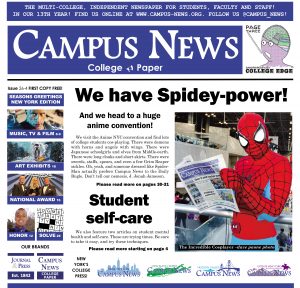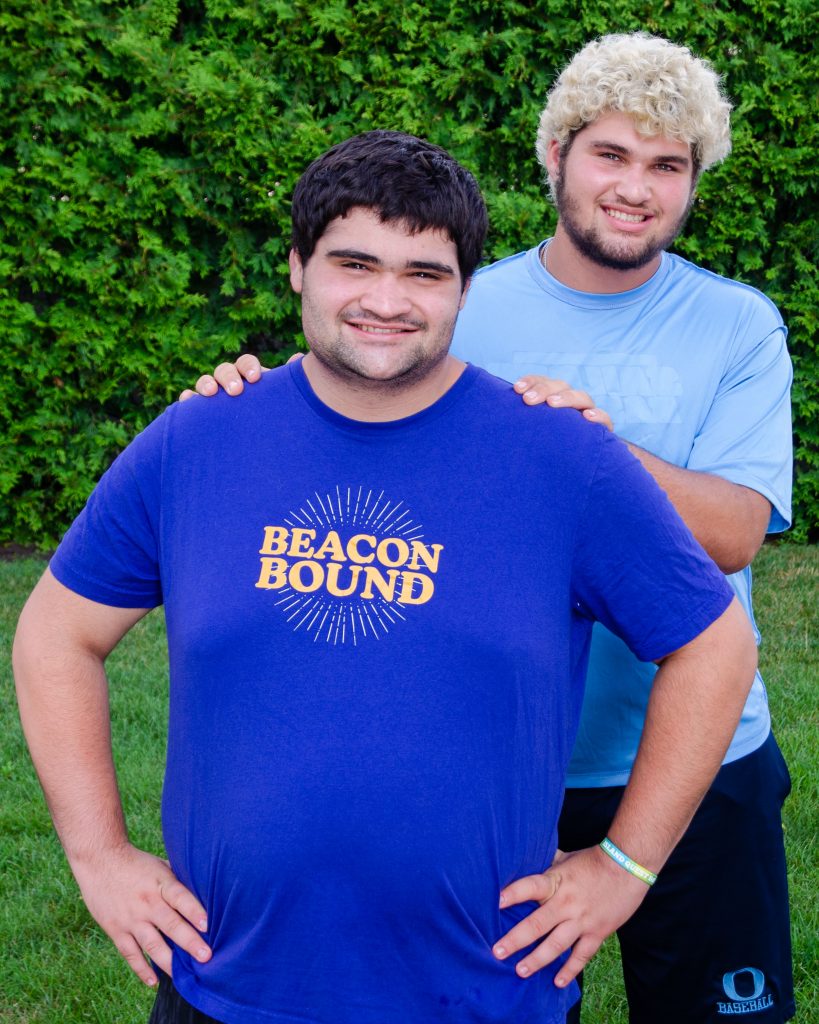By Amela Sandra Dzurlic
Campus News
The pandemic brought a rise in awareness of the mental health crisis. Many people had to change their routine without consideration to their adjustment needs. When dealing with an event that is out of your control there’s an important factor to consider, self care.
While there are many forms of literature in formats of books, magazines, blogs and Instagram visuals, self care is not a one size fits all. These sources of literature can encourage or inspire self care but it is your decision to consider what helps.
Defining Self Care
Be intentional with what works best for you. There are things that we do that help us feel great. There are also actions and behaviors that we do that are not good for us. Evaluate what helps and what hurts by jotting down a list of your daily routine. Notice in this list of the actions where you perform to take care of yourself? Are those habits in your routine intentional or just routine?
Mindfulness

There are things that we do that help us feel great. There are also actions and behaviors that we do that are not good for us. A popular method in mental health recovery is mindfulness. Mindfulness can be simplified into having self awareness with well intention.
It is a skill to implement the perspective of mindfulness into daily routine. In this exercise mindfulness is awareness of the self during a task. A mindless habit is having breakfast at home before rushing into the day not realizing it causes them nausea. Contrary to noticing that having breakfast too early is not good for them. When that person takes notice of how they feel when performing an action or behavior and then decides a solution, that is mindfulness.
Time Management
At the time of each routine review how long it takes to begin and to complete each task. Time management will allow more intention and perspective in understanding how to use it. The most common method is developing a schedule for routines. Consider the following, how much time you spend completing an assignment, how much time requires studying, and of course the rest is taking a shower, applying a face mask or skin care regimen, and such. Simple tasks such as how frequently you snack or drink water should be accessible to you. The simpler tasks can be set up in your nook where you study and complete assignments at home or in your dorm. Oftentimes students make a once a day commitment to self care by adding an event to their calendar. It Another method to consider is a spreadsheet with your monthly time commitments with self care
What is Self Care
Referring back to taking a shower ten minutes longer, this isn’t about basic hygiene, it is about investing time in the experience. Some students consider taking a warm shower with bath salts or a warm bath with dried herb and spray essential oils in the water before studying. The Dorm, a mental health organization, encourages aromatherapy for self care. An article by John Hopkins University Aromatherapy: Do Essential Oils Really Work? claims that aromatherapy is beneficial to keeping calm.
If taking a shower is not enough, some students go for a run then rinse off and take a nap before beginning a major assignment. Harvard Medical school published an article on their website ‘Can exercise help treat anxiety?’ stating that exercise can reduce anxiety. There is significant scientific evidence in psychology that proves taking simple steps to dedicate time for yourself helps improve focus and enhance confidence.
For others, a ranting phone call to a friend helps ease the mind by releasing thoughts which may linger during an assignment. Taking care of yourself does not label you as lazy, especially if you incorporate self care routine into your schedule. If you need to learn time management it is a skill which can be developed through counseling or some research on your own.
If this is not enough to be convinced in developing a self care routine, take into consideration the Substance Abuse and Mental Health Administration. These domains include physical, mental, emotional, social and spiritual wellness.
Self care is about coping and taking care of your whole-self which includes needs.
More information
If you’re interested in learning more about self care you can read ‘Mindful Thoughts for Students Nurture your mind, flourish in life’ by Georgina Hooper. If you’d like to learn more about habits, read The Power of Habit by Charles Duhigg. For more information on mental health recovery please stop by Amela’s peer wellness resource blog at www.byAmelaSandra.blogspot.com.
 Amela Dzurlic is a mental health advocate who has created the motto Self Care is Self Love. She writes a blog about mental health recovery about mental wellness for individuals in a mental crisis and with a severe mental illness. Amela has accumulated over ten years in peer support and studies Psychopathology at CUNY.
Amela Dzurlic is a mental health advocate who has created the motto Self Care is Self Love. She writes a blog about mental health recovery about mental wellness for individuals in a mental crisis and with a severe mental illness. Amela has accumulated over ten years in peer support and studies Psychopathology at CUNY.





Facebook Comments